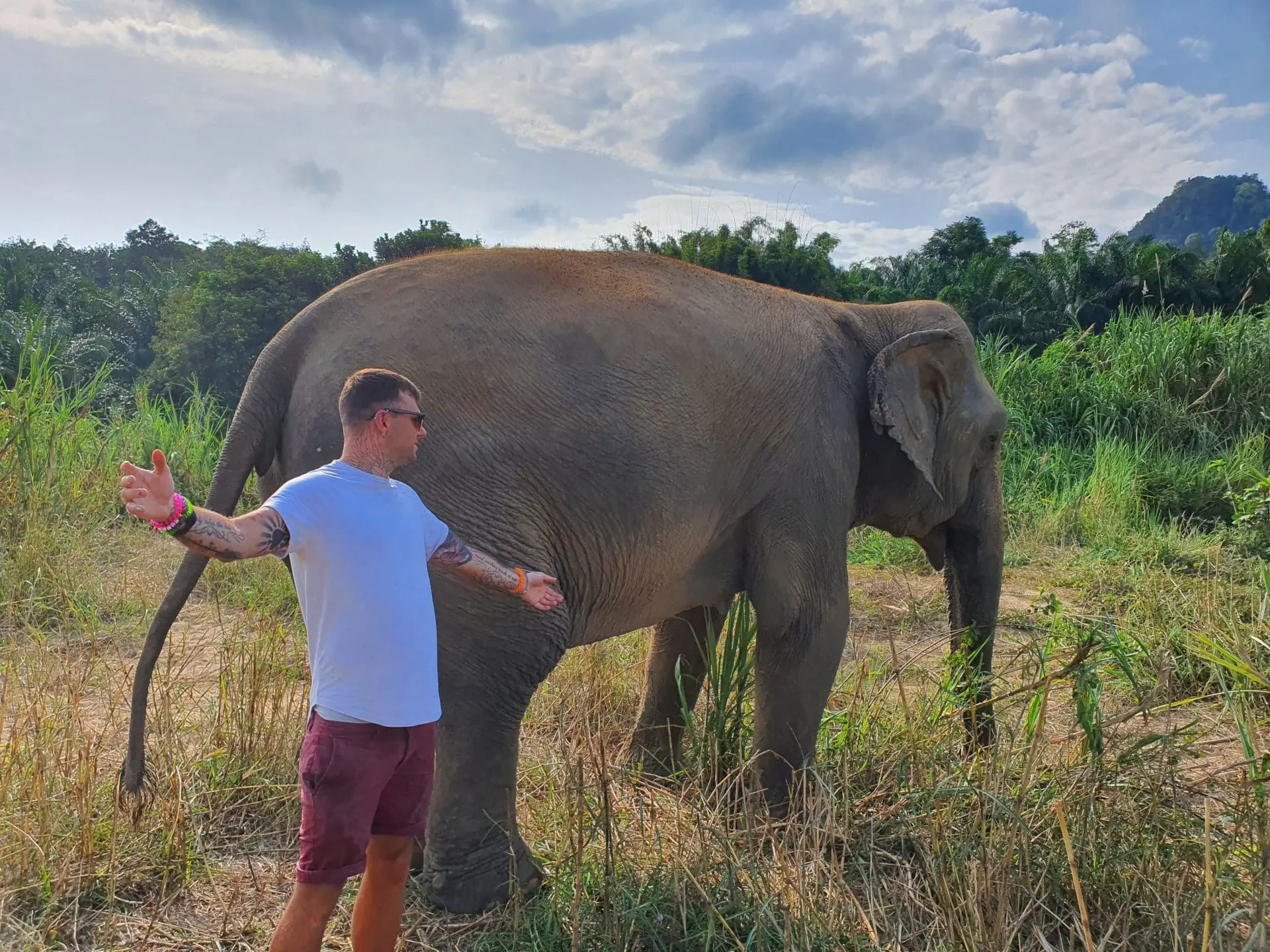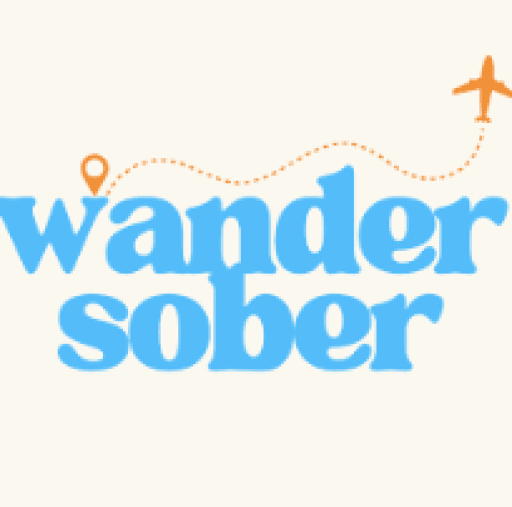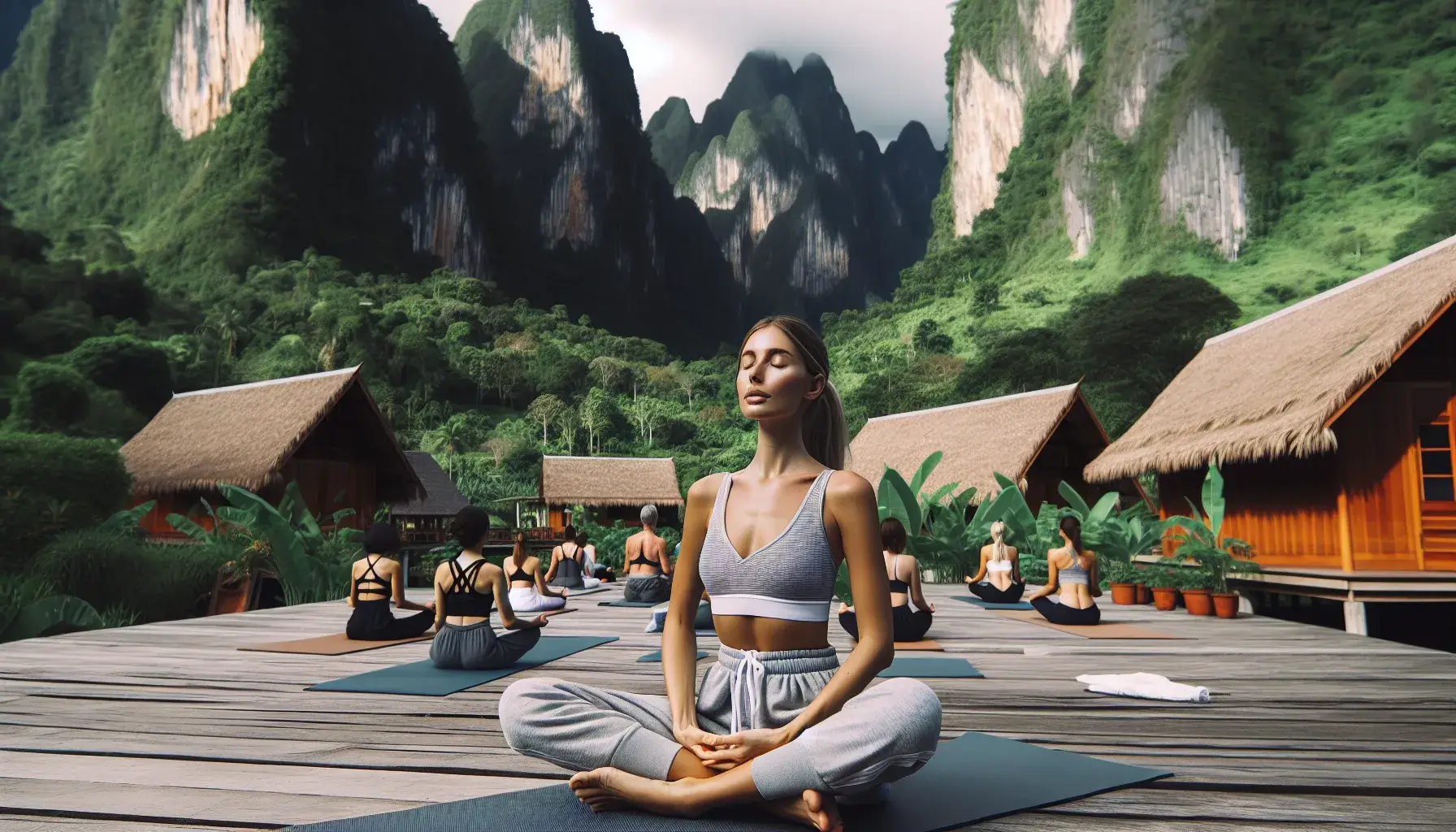Navigating business trips can be a challenge, especially for those committed to sobriety. The pressure to unwind after a long day in the boardroom often leads to socialising in hotel bars where alcohol flows freely. However, embracing a sober lifestyle doesn’t mean sacrificing professional connections or enjoyment.
This toolkit offers a practical playbook for sober travellers, equipping them with strategies to thrive in business settings while staying true to their commitment. From networking tips to engaging activities that don’t revolve around drinking, it’s designed to help individuals confidently navigate the balance between work and leisure. With the right mindset and tools, sober business trips can be just as rewarding and fulfilling.
Overview of the Toolkit: Sober Business-Trip Playbook
The Sober Business-Trip Playbook offers essential resources for maintaining sobriety during work-related travel. This toolkit aims to equip individuals with the necessary strategies to navigate social environments while remaining committed to their sobriety. Key components include:
- Networking Strategies: Engaging in conversations without alcohol is crucial. Tips for successful networking include:
- Choosing venues with non-alcoholic options
- Initiating discussions on professional topics
- Inviting peers to participate in sober activities
- Social Activities: Alternatives to drinking exist that promote socialising without alcohol. Examples include:
- Organising outings to local attractions or cultural events
- Participating in team-building exercises focusing on fun and engagement
- Suggesting coffee or tea meet-ups instead of bar outings
- Personal Boundaries: Setting clear boundaries helps maintain sobriety. Suggestions involve:
- Informing colleagues about personal choices regarding alcohol
- Preparing polite responses for social pressure situations
- Establishing a support system for encouragement during travels
- Mindfulness Techniques: Staying grounded helps reduce temptation. Techniques include:
- Practicing deep breathing exercises before attending events
- Incorporating short meditative practices throughout the day
- Maintaining a journal to reflect on experiences and feelings related to social interactions
- Resource Guides: Accessing additional materials enhances preparedness. Recommendations encompass:
- Books and online forums dedicated to sobriety and business travel
- Local recovery groups available in different cities
- Mobile apps offering sober support and community connections
The Sober Business-Trip Playbook serves as a comprehensive guide for navigating business environments while prioritising sobriety, ensuring individuals enjoy fulfilling professional experiences.
Key Features of the Toolkit
This toolkit equips sober travellers with essential resources for managing sobriety while conducting business. It combines practical strategies and emphasises personal boundaries to navigate challenging social environments.
Essential Strategies for Networking
- Select venues wisely: Choose locations with robust non-alcoholic options available.
- Initiate professional topics: Kick off conversations focused on work-related subjects to maintain engagement.
- Leverage technology: Use apps to facilitate connections and arrange alternatives like virtual meetings.
- Invite sober colleagues: Surround self with peers who share similar sobriety commitments.
- Practice clear communication: Be transparent about non-drinking choices to set expectations.
Tips for Navigating Social Events
- Engage in activities without alcohol: Suggest outings to local attractions or host a game night.
- Opt for coffee meet-ups: Propose alternative social settings centred around caffeine rather than cocktails.
- Set personal boundaries: Inform colleagues of sober preferences before events, reducing pressure.
- Monitor triggers: Identify situations that provoke cravings and develop strategies to avoid them.
- Cultivate a support network: Build relationships with those who respect and encourage sobriety in social settings.
Personal Experience with the Playbook
Exposure to real-world applications reinforces the Sober Business-Trip Playbook’s effectiveness. Case studies and success stories illustrate the toolkit’s practical benefits for sober travellers.
Case Studies and Success Stories
- Corporate Conference: A professional navigated a week-long conference by identifying venues offering non-alcoholic options. They engaged peers in discussions about industry trends, utilising networking strategies outlined in the playbook.
- Client Dinner: During a client dinner, an individual suggested a coffee shop instead of a bar. This decision allowed for meaningful conversations without alcohol, resulting in a strengthened business relationship.
- Local Attraction Outing: One company organised an outing to a local museum instead of a bar crawl. This engaging activity fostered camaraderie and provided a sober environment for interaction.
- Peer Support: Sober colleagues attended events together, creating a built-in support system. This practice encouraged adherence to personal boundaries and standardised non-drinking choices across their group.
These examples highlight the toolkit’s efficacy in enhancing business interactions while promoting sobriety.
Pros and Cons of the Toolkit
The Sober Business-Trip Playbook presents various advantages and disadvantages for sober travellers. Understanding these aspects can enhance the effectiveness of the toolkit in different situations.
Pros
- Enhanced Networking Opportunities: Non-alcoholic venues support professional connections, enabling individuals to engage openly without drinking distractions.
- Broader Activity Options: The toolkit promotes social outings beyond bars, like art galleries or coffee shops, fostering meaningful interactions.
- Personal Boundary Maintenance: Recommendations empower users to communicate their sobriety choices, helping to establish clear limits with colleagues.
- Mindfulness Techniques: Inclusion of strategies such as deep breathing and journaling aids in managing cravings and navigating social pressures.
- Access to Resources: Comprehensive guides to local recovery groups and online forums provide ongoing support and community connection.
Cons
- Potential Social Isolation: Sober individuals may feel left out during standard networking events, which often centre around alcohol.
- Limited Venue Choices: Non-alcoholic options may not be widely available in certain locations, restricting social engagement.
- Resistance from Peers: Some colleagues may not understand or respect sobriety reasons, leading to uncomfortable encounters.
- Increased Self-Consciousness: Travellers may feel scrutinised for their non-drinking choices, causing anxiety in social settings.
- Dependence on Other Sober Individuals: A reliance on sober peers for support can limit participation in events where they are absent.
Understanding these pros and cons allows sober travellers to effectively utilise the toolkit, promoting balanced and fulfilling business trips while maintaining their sobriety.
Key Takeaways
- Effective Networking: Choosing venues with non-alcoholic options and initiating professional discussions are key strategies for networking while sober.
- Engaging Alternatives: Explore social activities that do not involve drinking, like visiting local attractions or suggesting coffee meet-ups, to enhance camaraderie and connection.
- Setting Boundaries: Clearly communicate personal choices regarding alcohol to colleagues, establish polite responses for social pressure, and nurture a supportive network.
- Mindfulness Practices: Incorporate techniques such as deep breathing and journaling to stay grounded and manage temptation during business events.
- Resource Accessibility: Utilise guides for local sober networks, books, and apps to enhance preparedness and maintain a sense of community while travelling.
Top Sober Networking Tips and Engaging Social Alternatives
Navigating business trips while maintaining sobriety can be challenging but it’s entirely achievable with the right strategies in place. The Sober Business-Trip Playbook provides a robust framework that empowers individuals to engage professionally without compromising their commitment to sobriety.
By implementing practical networking tips and embracing alternative activities, sober travellers can foster meaningful connections and enjoy their experiences. Establishing personal boundaries and cultivating a supportive network are crucial for overcoming temptations in social settings.
With these resources at their disposal, individuals can transform business trips into fulfilling opportunities while prioritising their well-being. The toolkit not only enhances professional interactions but also reinforces the importance of personal choices, ensuring that sobriety remains a source of strength in every situation.
Frequently Asked Questions
What is the Sober Business-Trip Playbook?
The Sober Business-Trip Playbook is a comprehensive toolkit designed to help individuals maintain their sobriety during work-related travel. It offers practical strategies, networking tips, and alternative activities that foster professional connections while avoiding alcohol.
How does the playbook help with social settings?
The playbook provides strategies for selecting venues with non-alcoholic options and engaging in discussions focused on professional topics. It emphasises personal boundaries and suggests alternative activities, ensuring that sober travellers can enjoy social settings without compromising their sobriety.
What mindfulness techniques are recommended?
Mindfulness techniques such as deep breathing and journaling are recommended to help sober travellers manage temptation. These practices can reduce stress and promote self-awareness, enabling individuals to navigate challenging social environments more effectively.
Looking for more sober travel inspiration? Find your next adventure on our Homepage.
Can I use the playbook for networking?
Yes, the playbook offers essential networking strategies, including inviting sober colleagues, practising clear communication about non-drinking choices, and leveraging technology for virtual meetings. This ensures that professional connections are maintained without the influence of alcohol.
Are there any potential drawbacks to using the toolkit?
While the toolkit has many benefits, potential drawbacks include social isolation, limited venue choices, and the possibility of increased self-consciousness. Recognising these challenges allows sober travellers to address them proactively and make the most of their business trips.
How can I establish personal boundaries when travelling?
Establishing personal boundaries involves proactively informing colleagues about your alcohol choices and setting limits for yourself. It’s also crucial to create a supportive network, allowing you to adhere to these boundaries while maintaining professional relationships during trips.

Quit drinking on 23 July 2021 after a two-day bender and swapped bars for border crossings and 12-step meetings. Three sober years, 36 countries, 113 travellers (totally dry), fuelled by street food, jelly babies, and a broken Google Maps app. Wandersober is my journal, my SEO lab, and my mission. Featured in GQ, Mirror, Evening Standard, MarketWatch, and more.







